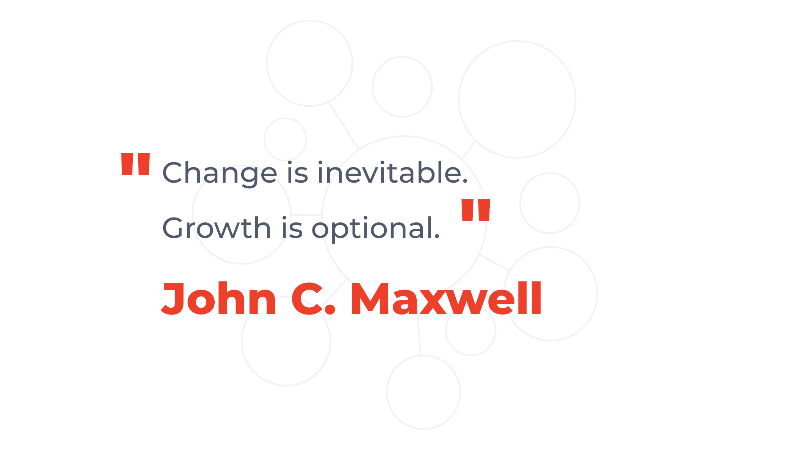Change is inevitable.

In the intricate maze of business evolution, change is both a necessity and a challenge. For entrepreneurial, growing, or scaling companies, the stakes are even higher. Without a dedicated change agent, organizations can find themselves lost in the whirlwind of transformation, often leading to misaligned strategies, wasted resources, and a disoriented workforce. The absence of a guiding hand during these pivotal moments can result in missed opportunities, stagnation, or even regression.
Who plays this crucial role in your organization? You? Someone on your leadership team? One of your advisors?
Even the most well-intentioned change initiatives can go awry. Projects may start with enthusiasm but quickly lose steam, bogged down by a lack of focus or conflicting priorities. Employees may become disengaged, unsure of the company’s direction or their role in it. Financially, the organization may suffer from inefficiencies or investments that do not align with long-term goals, leading to a precarious financial position.

So, who can support this role?
Often overlooked in the context of organizational change, modern CFOs are not just financial gatekeepers but strategic visionaries. They possess a unique blend of financial acumen and a deep understanding of the organization’s inner workings. By integrating the CFO into the change management process, companies can ensure a cohesive, financially sound, and effectivae approach to transformation.
What does this look like in practice? Check out some of our content on this subject below.